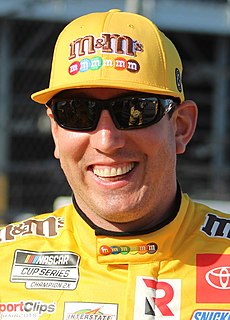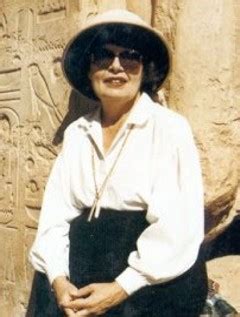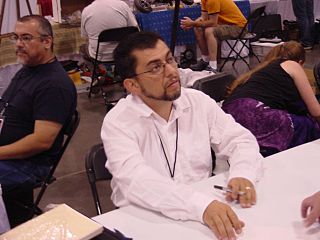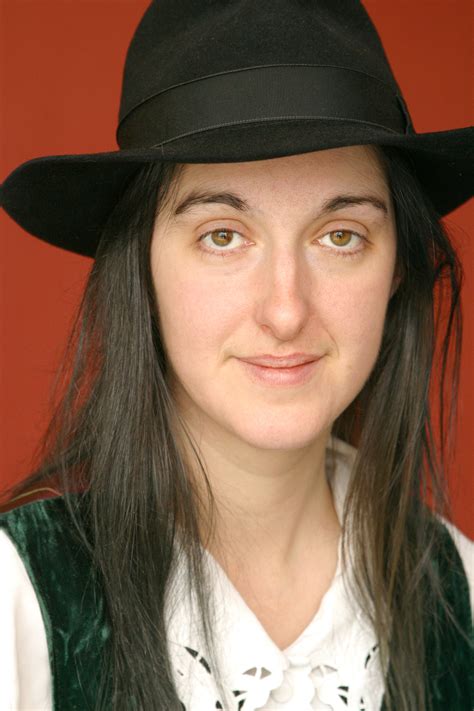A Quote by Stuart J. Russell
It's very hard to predict what kind of uses we'd make of assistants that could read and understand all the information the human race has ever generated. It could be really transformational.
Quote Topics
Related Quotes
If you had a system that could read all the pages and understand the context, instead of just throwing back 26 million pages to answer your query, it could actually answer the question. You could ask a real question and get an answer as if you were talking to a person who read all those millions and billions of pages, understood them, and synthesized all that information.
There is a young fella who works for me, named Brian Unkeless, who's very smart. We're a very small company that has been Brian and me and two assistants, although we're growing a little bit now. He read the [The Hunger Games] book and loved it, and told me I should read it. He had been a fan of the Gregor books. So, I read it and couldn't put it down and couldn't stop thinking about it. I really became obsessed with the thought of producing it, and was completely bothered by the idea that anybody but me could produce it.
If I could give you information of my life it would be to show how a woman of very ordinary ability has been led by God in strange and unaccustomed paths to do in His service what He has done in her. And if I could tell you all, you would see how God has done all, and I nothing. I have worked hard, very hard, that is all; and I have never refused God anything.
I think that Eleanor Roosevelt really learned about the limits of power and influence from Arthurdale. She could not make some things happen. And she particularly learned that she could not, just because she was nominally in charge, she could not change people's hearts and minds; that a very long process of education would result before race was on the national agenda. And it really did move her into the racial justice arena with both feet. She came out fighting.




































